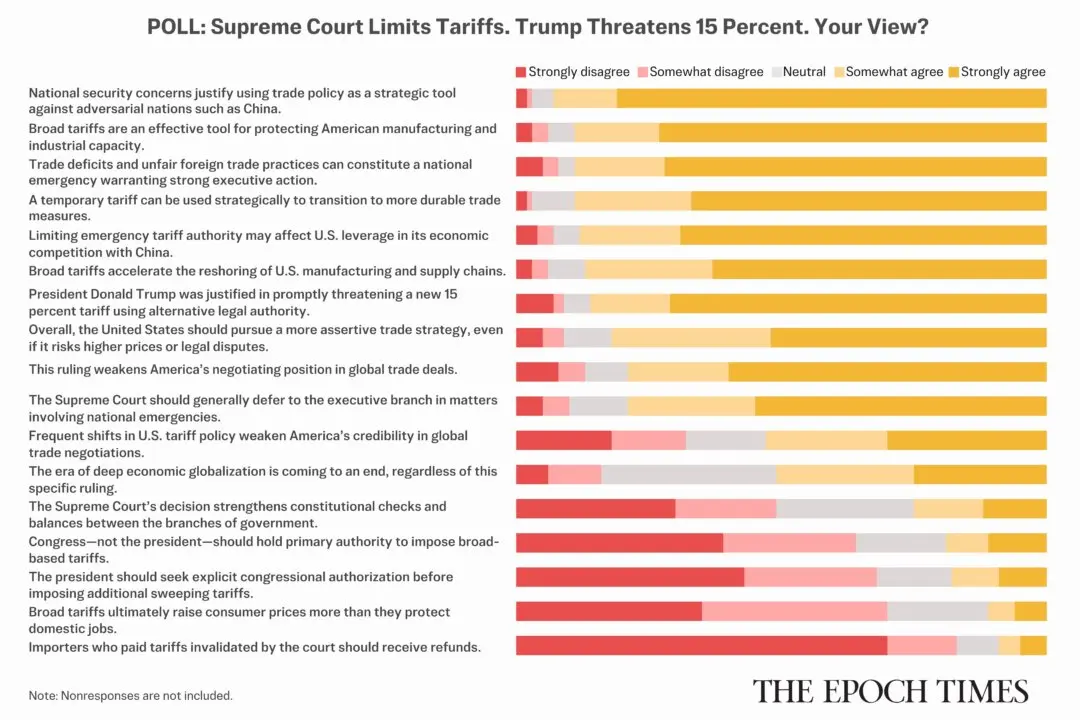An appeals court on Dec. 19 temporarily blocked the Biden administration from dismantling razor wire fencing installed by Texas along the U.S.–Mexico border to deter illegal border crossings.
The 5th U.S. Circuit Court of Appeals, based in New Orleans, disagreed with a lower court judge’s ruling that the U.S. government was immune from a lawsuit filed by Texas.





